Effective Pain Relief for Horses with Kissing Spine
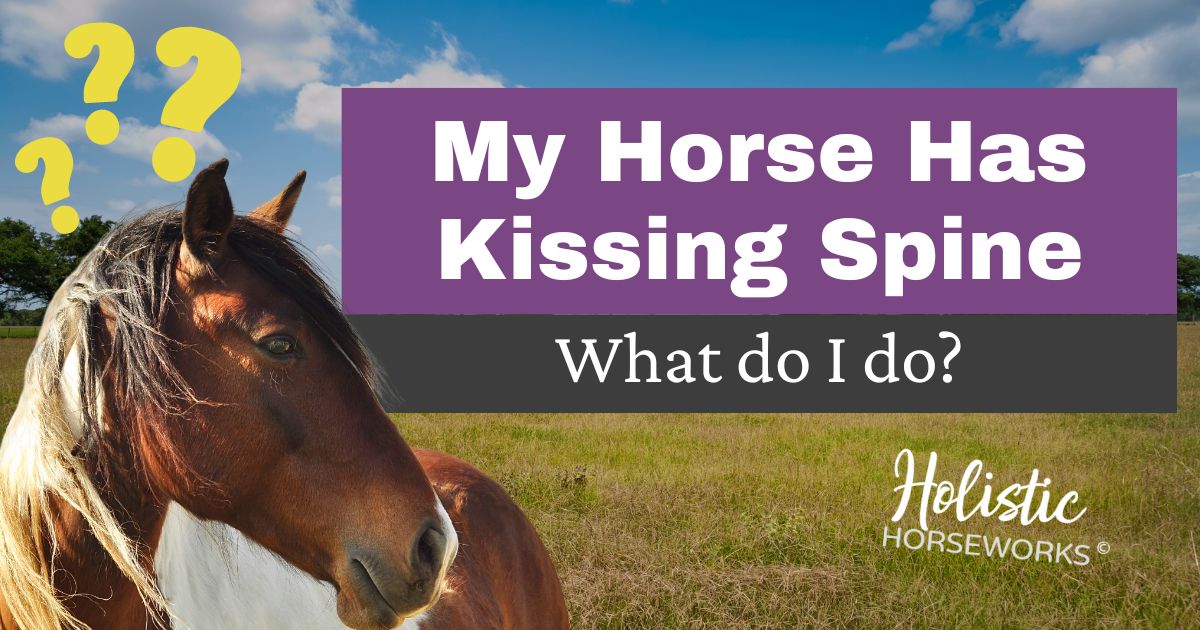
Share This Post:
Kissing spine sounds terrible and it can end your horse’s career by causing bucking or bolting under saddle which can be extremely dangerous to the rider.
You may ask is it a genetic defect? The answer is no. It is caused by the muscles being too tight along the topline of the horse from over compensations thus pulling the bones too close together which can fracture pieces off and also pinch nerves.
You ask what starts this? Every horse I have ever worked on— and this includes globally where I travel teaching— had one thing in common: both first ribs were misaligned, not allowing the shoulders to move freely and correctly.
The compensation of all this over-tightens the muscles pulling the bone, we have all had a muscle spasm deep in our back and you know how that can feel. I feel if we check our horses often from an early age all this can be prevented as we teach you how to release the first ribs in Level 1: Equine Musculoskeletal Unwinding, thus preventing the compensating effect.
Have you ever had or know of someone with a compressed disc in the lumbar area or neck area? Do you realize just how painful all this can be when trying to do athletic work under a saddle and carrying a rider’s weight
What is Kissing Spine in Horses?
When the vertebrae’s bony parts, called the “spinous process,” are too close together, they rub against each other, causing friction and heat. This leads to calcium buildup, resulting in calcification that can almost fuse the vertebrae in some areas. The irritation a horse experiences from kissing spine would be similar to you having a back spasm or herniated disc!
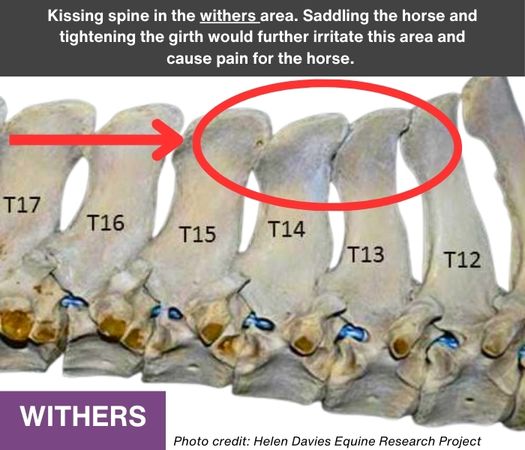
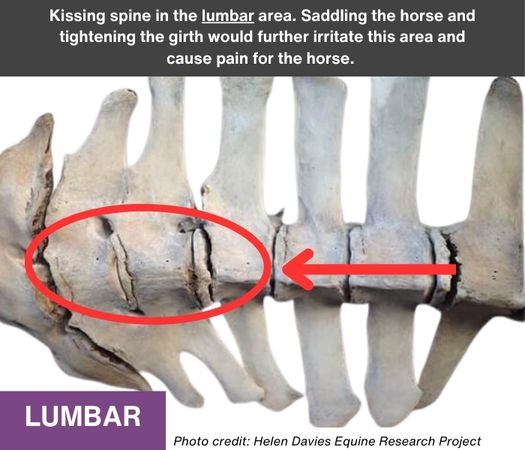
Symptoms of Kissing Spine
The symptoms of kissing spine can vary, but some common signs to watch for include:
- Back pain
- Bucking
- Attitude when being saddled, ridden, or touching the horse’s back
- Nipping at the hind end or butt rubbing
- Unable to engage from the hind end
- Unable to collect
- Heavy on the fore
- Bunny hopping at the canter
- Postural chances, most notably a “bump” on the spine
While only a veterinarian can provide an official diagnosis, you may notice these signs in your horse. Diagnosing kissing spine typically involves a clinical examination and imaging techniques like X-rays, ultrasound, or nerve blocks
But why Are These Vertebrae Rubbing Together?
To understand this, we need to look beyond the symptoms. Often, the root cause lies in the horse’s inability to move freely with its front legs and shoulders, often due to misalignment of one or both of the first ribs.
Over time, this restriction causes the horse to compensate by improperly using its lower back, pelvis, and hind limbs. This compensation tightens the psoas muscle, shortening the area around the lumbar spine and causing the vertebrae to rub together.
As the condition progresses, the pelvis can become unbalanced, restricting the movement of the sacrum. This imbalance can lead to symptoms like nipping at the hind end or rubbing it repeatedly. The horse’s body tries to compensate by tightening the hind-end muscles, leading to tension in the stifles, hocks, and lower leg tendons, which can cause additional issues like stiffness and soreness.
Managing Kissing Spine
What has worked very well for my clients is to get my basic bodywork protocol from either the hands-on class or my home study programand weekly make sure to check the 1st rib alignment.
Once this is staying in place and the shoulders can move freely then we add in my daily yoga for horses before and after riding. When done daily it can be as little as just 4 minutes a day. Many happy clients have reported back that new x-rays 3 months later the vet reported it showed no signs of kissing spine being present.
At Holistic Horseworks, we offer a holistic whole-body approach to horse care. By addressing the entire horse rather than just the affected area, our hands-on bodywork techniques have shown dramatic improvements in horses with kissing spine. These techniques include:
- Daily horse yoga stretches
- Using applied kinesiology to determine effective approaches and treatments
- Releasing trapped emotions that manifest as physical problems
- Equine Musculoskeletal Unwinding
- Working with ting points to rebalance the meridians
- Cranio-Sacral work to restore cerebrospinal fluid flow
- Hot oil spine treatment
Join our hands-on horse bodywork clinics or online home study courses to learn these skills and more! You can help your horse alleviate pain to regain vitality, and dynamic performance, transforming them into a happy, healthy, and willing equine partner!
Remember, the best thing you can do is to try. The worst thing you can do is nothing!
🍎 Ready to Start Helping Your Horse?
Start with April’s foundational training, Equine Musculoskeletal Unwinding, available to learn online with live 1:1 support.
This step-by-step course teaches you how to release deep patterns of imbalance and pain—so your horse can move, feel, and live better.
Includes video lessons, downloadable workbooks, and a personalized distance reading from April herself.
Rather learn in-person?
Check out our hands-on equine remedial therapy clinics, available all over the globe →
More Holistic Horse Care Education
Horses Are Talking, Are You Listening?
Holistic equine expert April Love wants you to know: your horse is speaking. And once you learn how to listen, everything changes. In her
How a Distance Reading CHANGED Kimberly and Her Horse
In this interview, holistic healing expert April Love uncovers the deep, often invisible threads connecting horse and human wellness. Join Kimberly, host of The
Summer Travel Tips for Your Horse: Keep Them Happy, Healthy, & Hydrated
Traveling to summer shows and events can be exciting, but for our horses, it often comes with a heavy load of emotional and physical
Mud Fever Prevention and Remedies
Mud fever, also known as pastern dermatitis, scratches, grease heel, etc., is a common skin condition in horses caused by a combination of wet
Is It Really a Training Problem, or Is Your Horse in Pain?
If your horse bucks, resists the canter, or just feels off under saddle, the first thing many people assume is that it’s a training
Did You Know That Saddle Fit Issues Are Really Horse Body Issues?
Saddle fit isn’t just about the saddle — it’s about the ever-changing body of the horse beneath it. While it’s tempting to invest in
Useful, Helpful Tips and Tricks for Horse Care | April Love’s Interview on The Backyard Horse Enthusiast
What would you do if your horse was limping, colicking, or spooking—and no one could tell you why? That question lit a fire in
How to Find the Cause of Lameness in Horses
When a horse shows signs of lameness, pinpointing the exact cause can be challenging due to compensatory mechanisms. Horses often redistribute weight and movement
5 Must-Know Hore Care Tips for Winter
In this comprehensive guide, we'll share five essential cold weather horse care tips straight from the experts at Holistic Horseworks.Whether you're dealing with freezing
Dogs Love Bodywork, Too! (Prevents ACL Tears and Hip Displaysia.)
If you’ve ever watched your dog run and noticed something a bit off—like both hind legs moving together or noticeably dragging their toes—it might
Sign Up for Our Newsletter

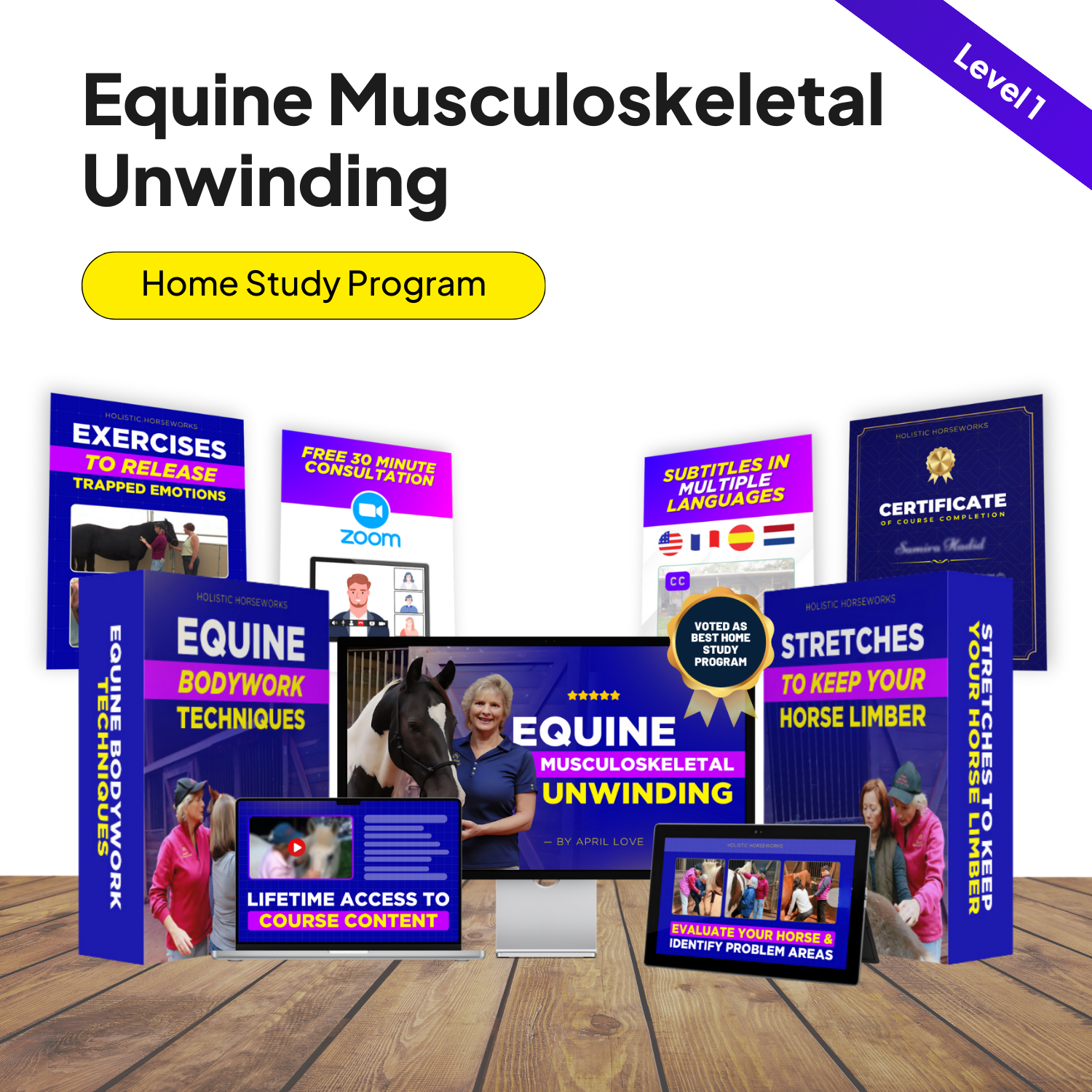
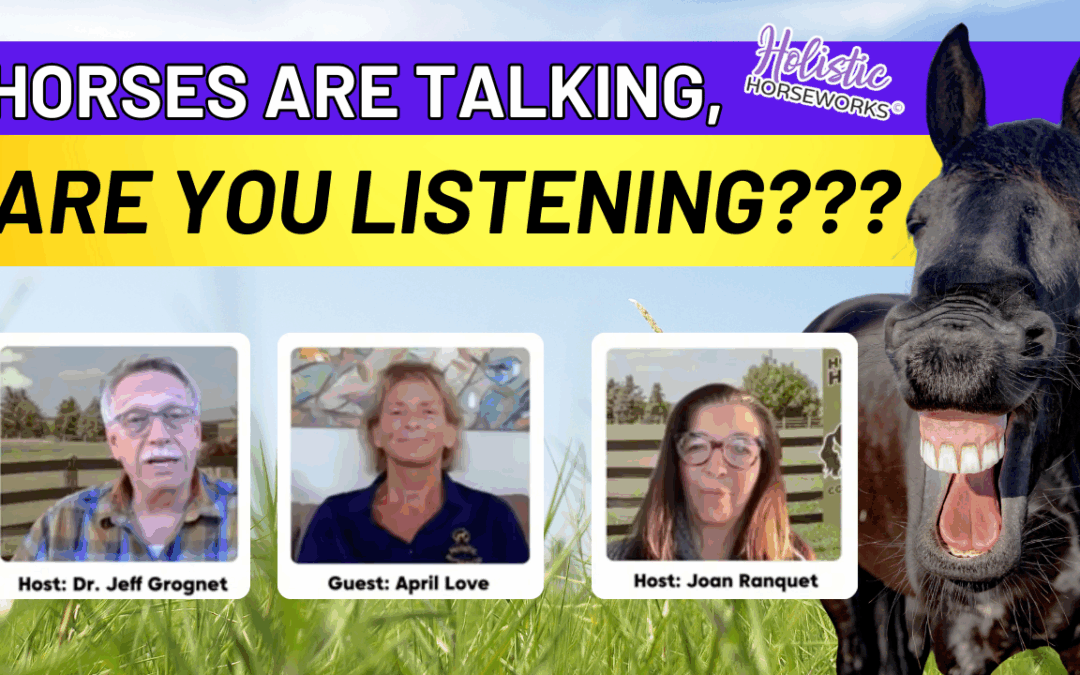
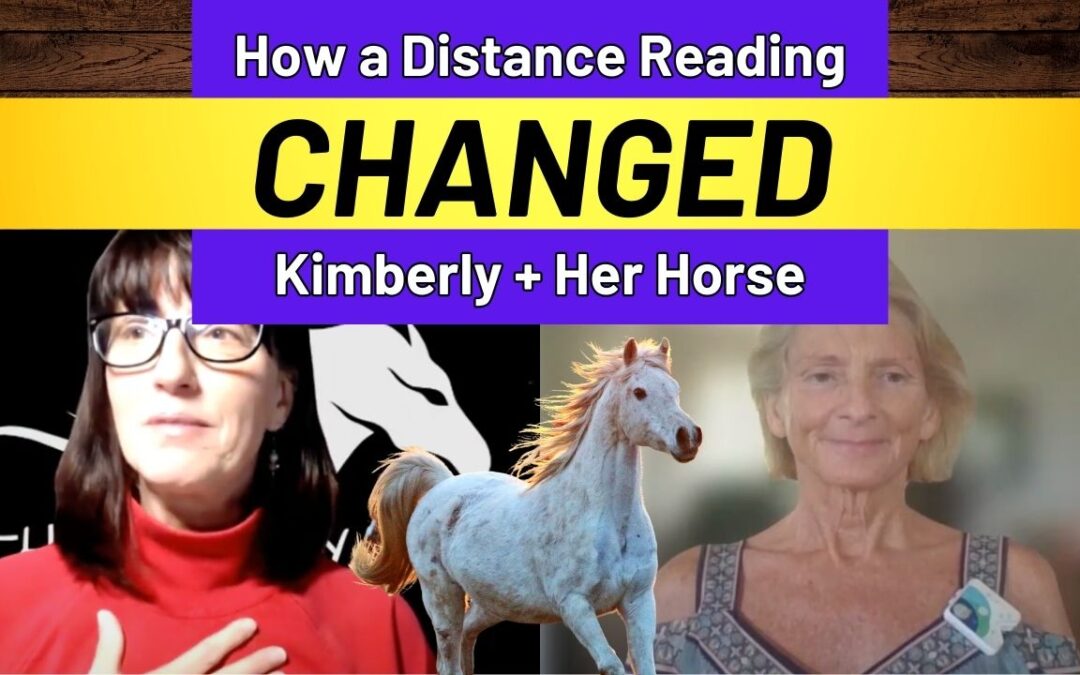

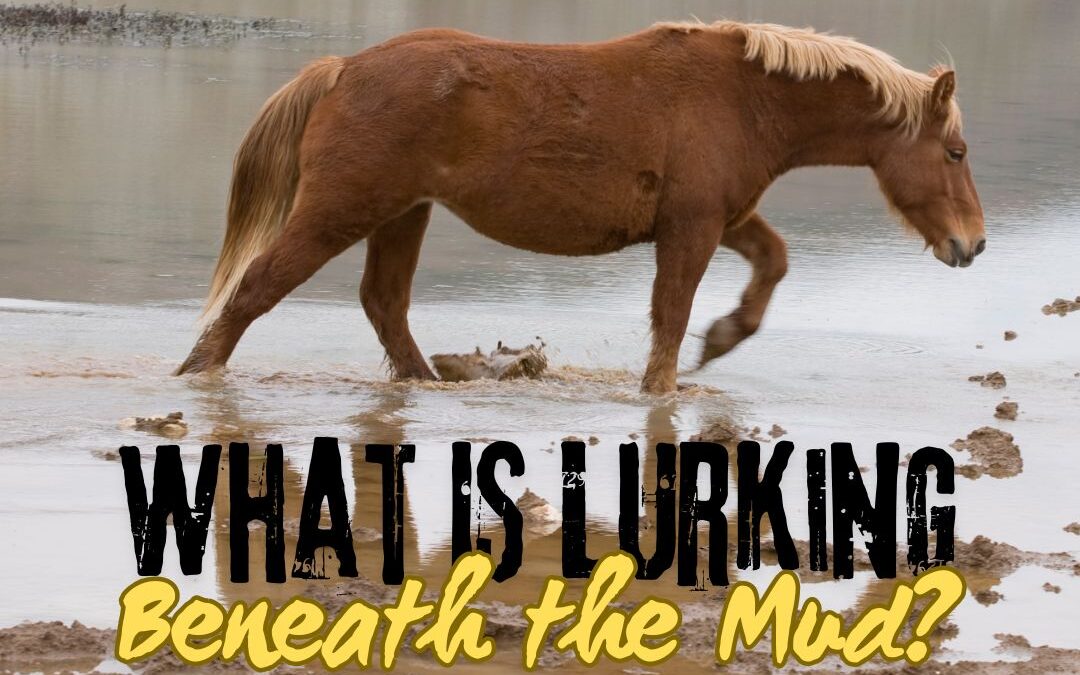
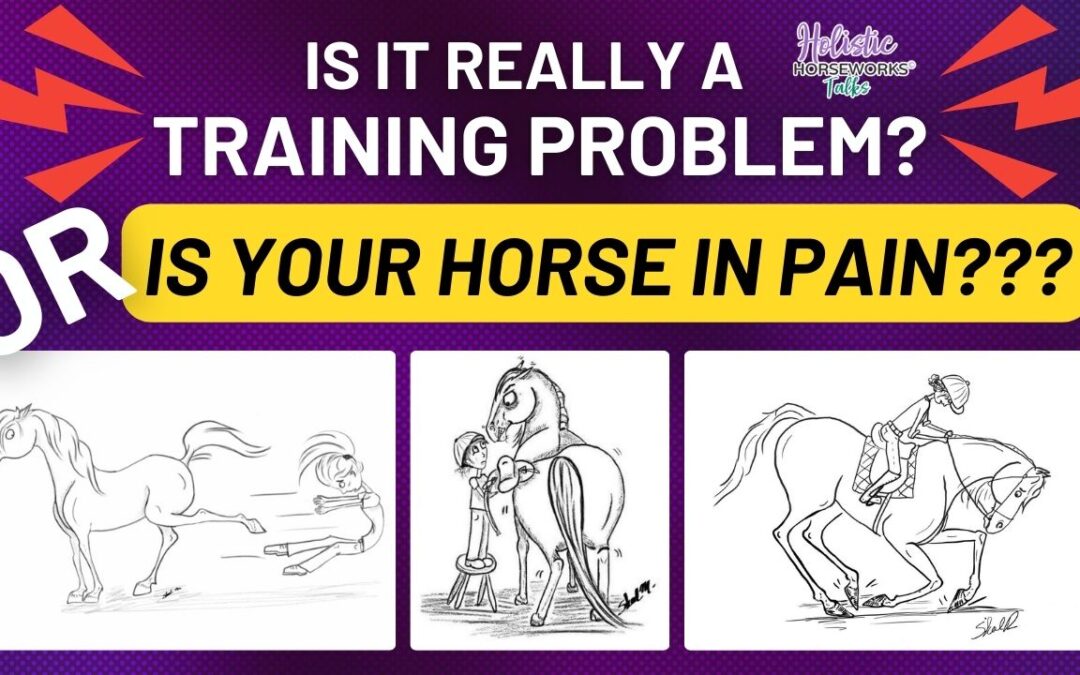
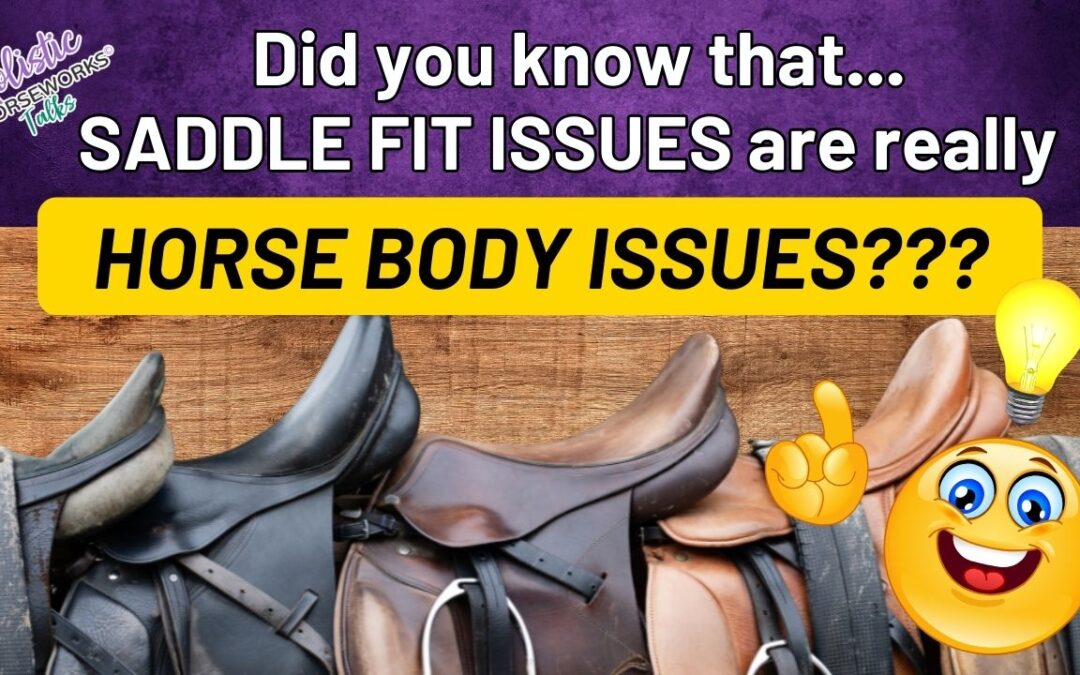
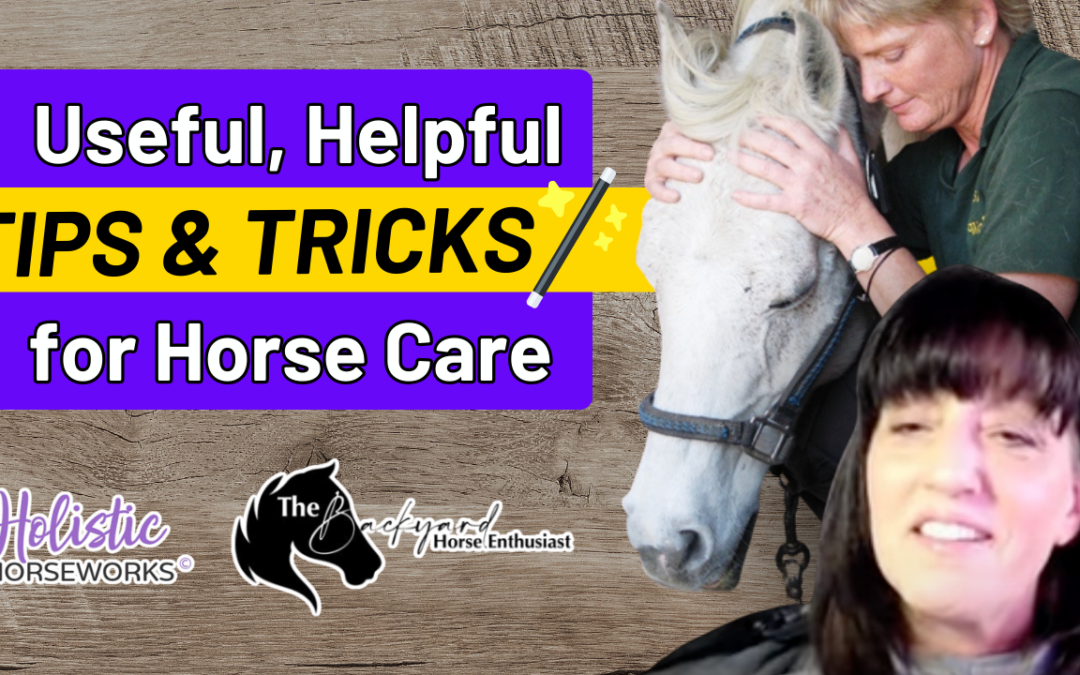
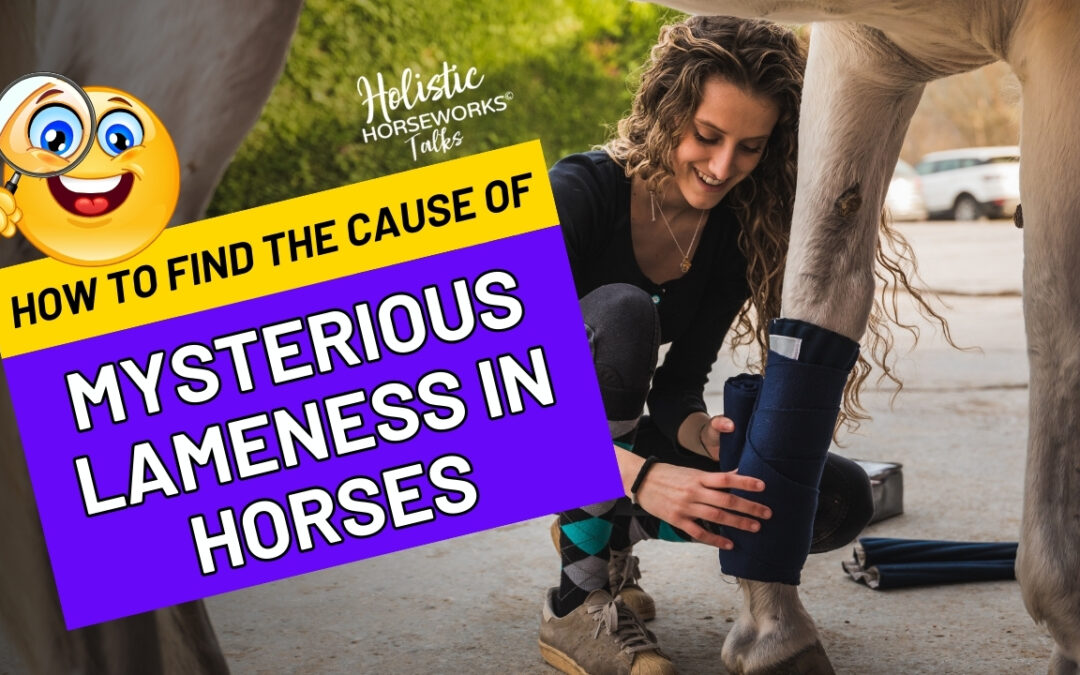
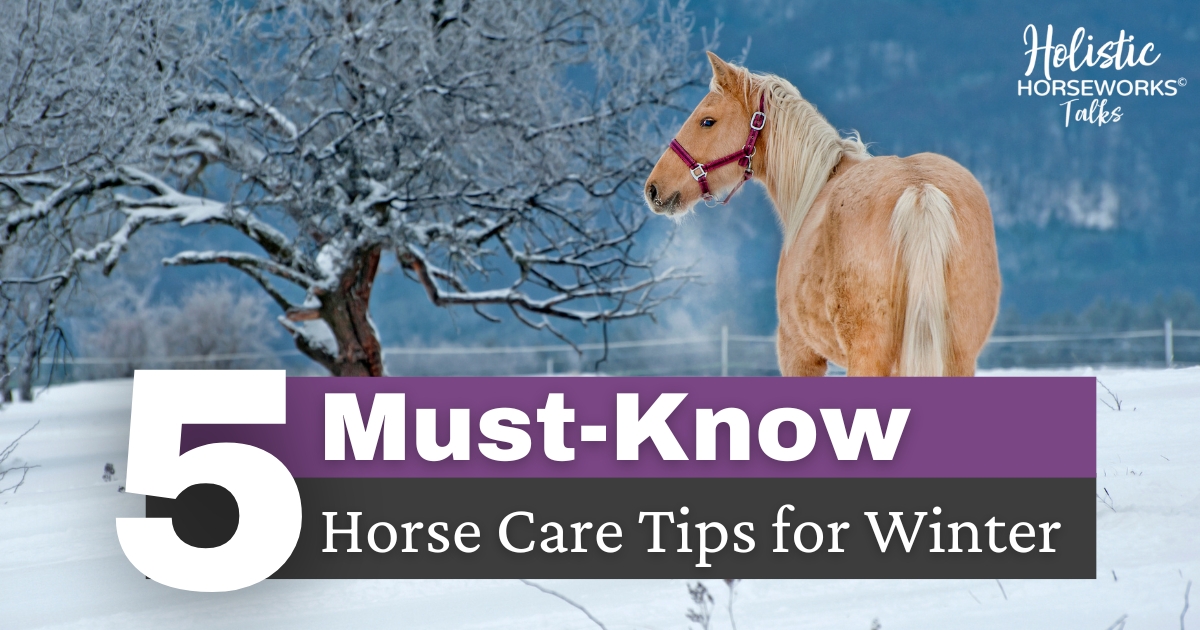
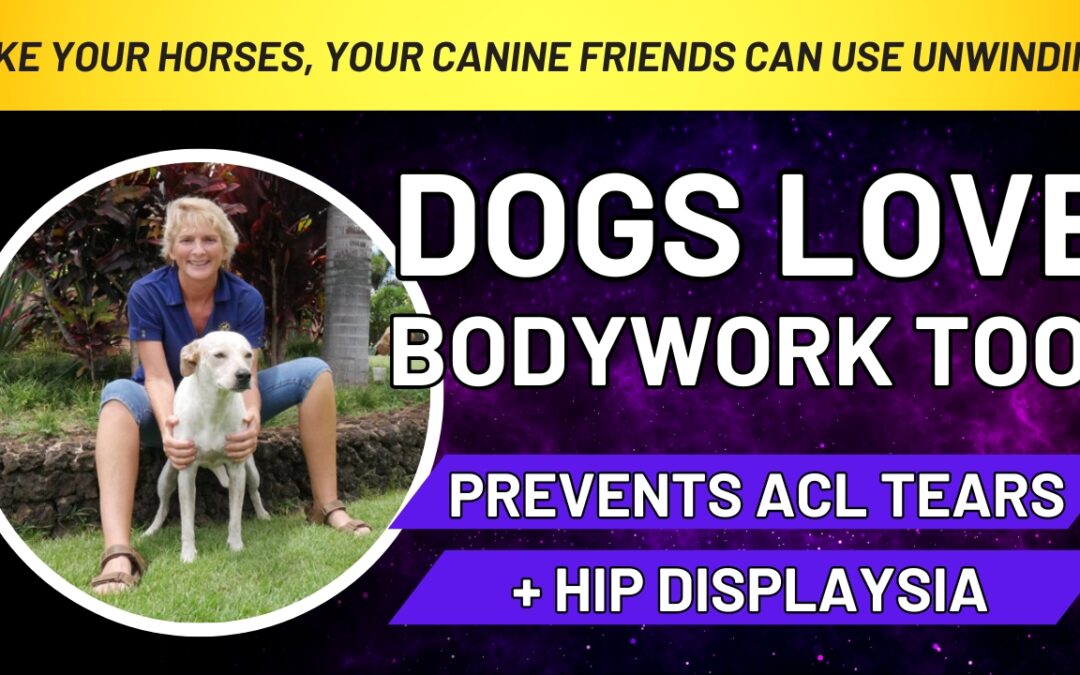
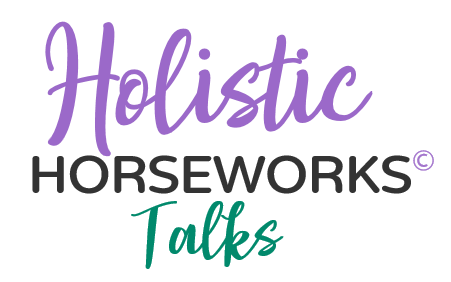
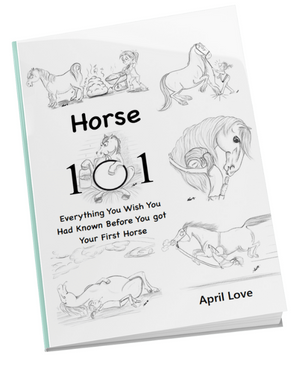
![Complete Level 1 & Level 2 Home Study + Private Training Package [NO DVD]](https://holistichorseworks.com/wp-content/uploads/2022/08/Level-1-and-Level-2-complete-home-study-and-training-package-400x400.jpg)
![Level 1 "Equine Musculoskeletal Unwinding" Home Study -Watch Instantly [NO DVD]](https://holistichorseworks.com/wp-content/uploads/2022/08/Level-1-Home-Study-400x400.jpg)
![Level 2 “CranioSacral Unwinding & Advanced Applied Kinesiology” Home Study - Watch Instantly [NO DVD]](https://holistichorseworks.com/wp-content/uploads/2022/08/Level-2-Home-Study-400x400.jpg)
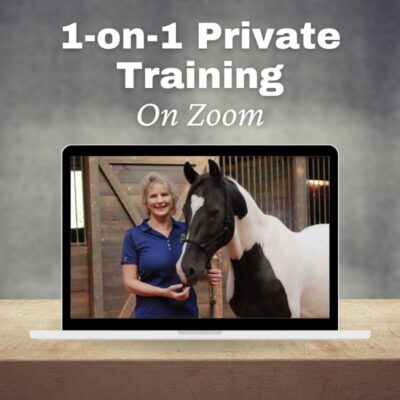
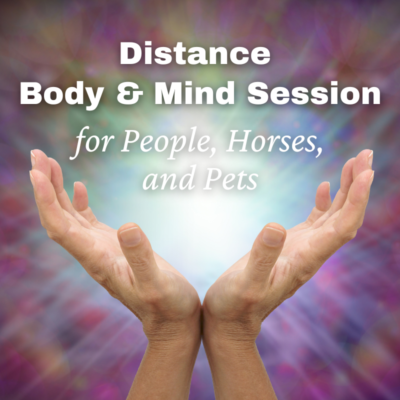
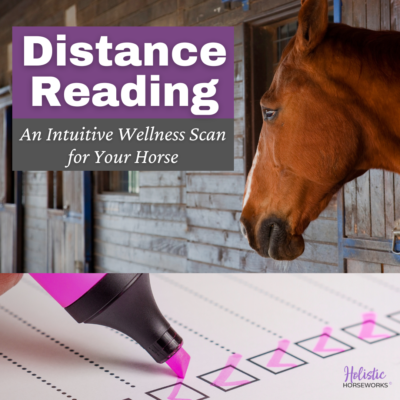
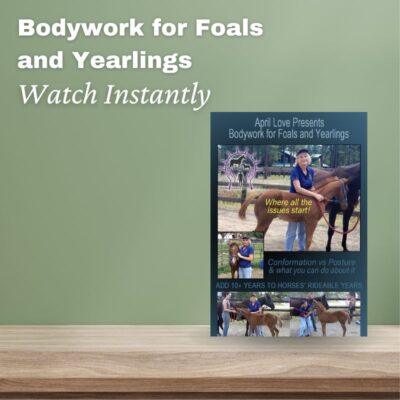
![Equine CranioSacral Energy Work -Watch Instantly [English and French]](https://holistichorseworks.com/wp-content/uploads/2022/09/equine-cranial-sacral-energy-work-watch-instantly-400x400.jpg)